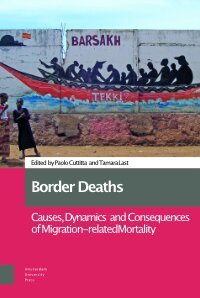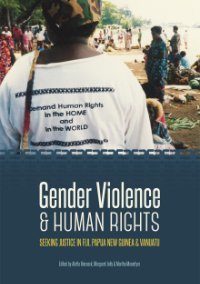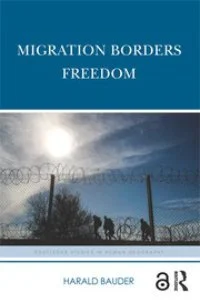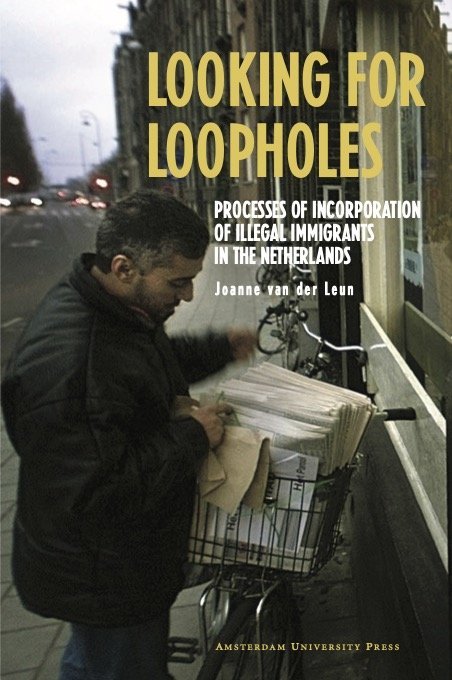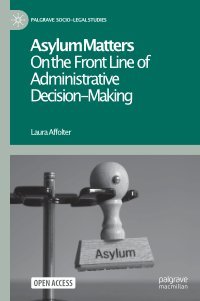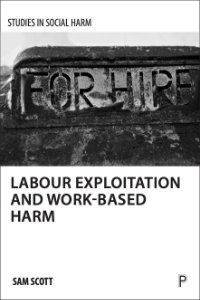By African Child Policy Forum.
This publication is prepared both to advance our knowledge of the important but complex subject of child Justice in Africa and to inform the discussions at the 2nd Global Conference on Child Justice in Africa to be held in Addis Ababa in May 2018. This conference, organised by the African Child Policy forum (ACPF) and Defence for Children International (DCI) is a follow-up to the first such conference that took place in Kampala, Uganda, in November 2011. That conference resulted in the African Guidelines on Action for Children in Justice Systems in Africa which were endorsed by the African Committee of Experts on the Rights and Welfare of the Child at its March 2012 meeting. ACPF also published a continental study on children and justice systems in that year. The current study updates and extends that earlier study, seeking to examine the progress that has been made, and the challenges that remain, since the 2011 conference in achieving childfriendly justice in African justice systems. Given that children come in contact with justice system in different ways – through the formal and informal justice systems, in religious justice systems in some parts of the continent, and in both the criminal and civil justice systems – this study charts the continuum of experiences that children undergo in their contact with these systems.
Addis Ababa, Ethiopia" ACPF, 2018. 173p.




